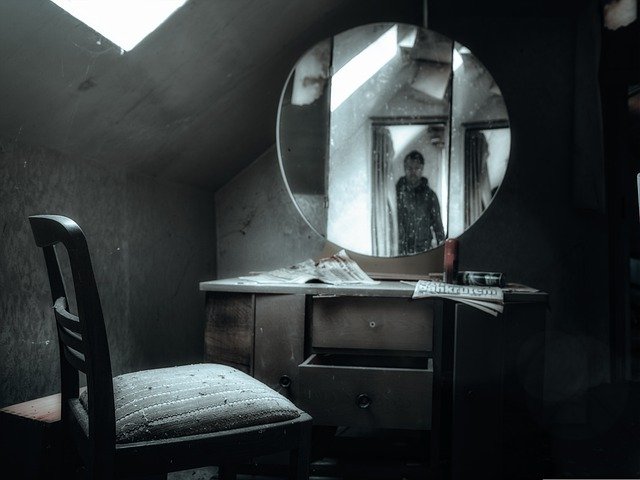
Outlaws and Other Labels
Deanna
- 0
- 447
What labels do you accept or reject? Who decides who gets labeled an outlaw? What exactly is an outlaw? Who decides who gets labeled a feminist? What exactly is a feminist?
While my students were on Fall Break and the world mourned the loss of Loretta Lynn, the Just Write Virtual Writing Group found inspiration in the life and work of the Queen of Country by writing about those questions and more.
‘A pioneer in country music’: Eastern Kentucky remembers Loretta Lynn
- “She’ll live on in our hearts and our lives forever because of her music. She was a strong voice for Eastern Kentucky, a strong voice for women and a strong voice for Appalachia.”
- Her songs about divorce and the hardships of women in her era were not always accepted at first or even played on country music radio.
- Lynn was before her time but paved the way for female country artists and women in general to speak up and speak out.
The song and story of the Coal Miner’s Daughter was important for Kentucky and the surrounding region as Silas House noted in a Tweet after her death:
When I think of her, foremost I think of how proud my family always was of her. She was one of ours.
Silas House, Lily, Laurel County, Kentucky

We were all struck by how hard Loretta Lynn fought to live life on her own terms while simultaneously rejecting the labels of feminist and outlaw. Certainly The Pill is a protest song or else why would so many Country radio stations keep it off the air so it never hit Number One, but it still reached the Top Five — and also became her biggest pop hit. Similarly Rated X still rings true today. Lynn had 14 songs banned from country radio but she never backed up and never backed down. As her own lyrics put it, she remembered well the well where she’d drawn water. Yet despite recording these tremendous feminist anthems and she resisted the “feminist” label. Somehow despite recording so many banned songs, Lynn was embraced as the Queen of Country rather than an outlaw.
Lynn fearlessly aired her thoughts about the miserably out-of-whack imbalance of the gender seesaw in marriage, sex, and social power while rejecting feminist ideas advocated by coastal middle-class urban “women’s libbers” that felt alien to her Southern, mother-of-six, working-class experience. “I didn’t write for the men,” she said. “I wrote for us women.”
Queen or outlaw, rebel or woman, Loretta Lynn’s story is an important part of our American story and an important lens to examine your own life experience.
Photo by DAVID MCCLISTER published in the Star Tribune.


